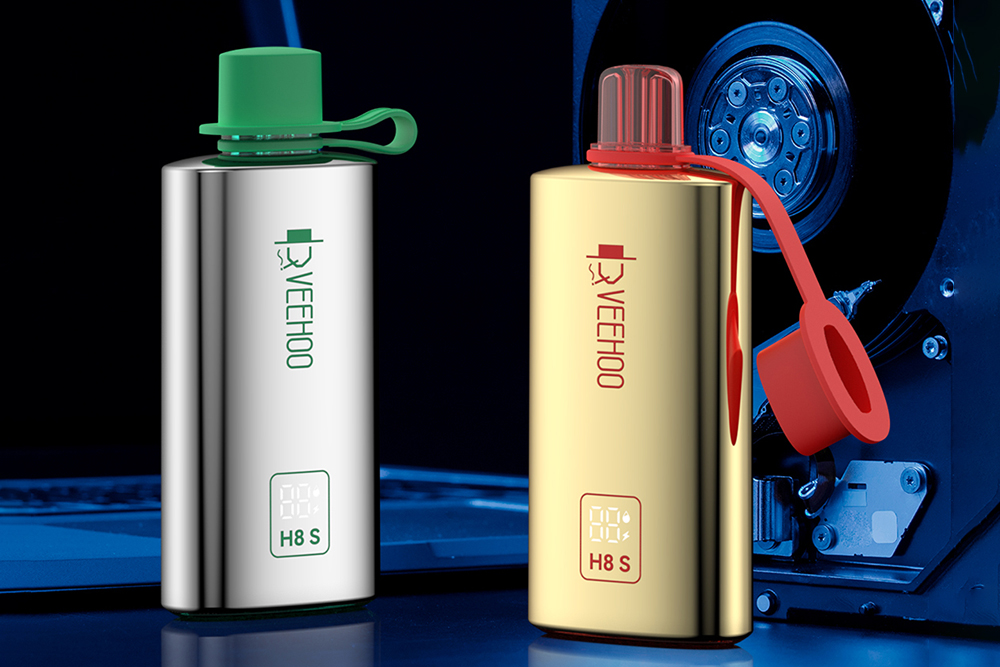In December 2024, Russian President Vladimir Putin signed the “Law on Restricting the Sale of E-cigarettes to Minors”, which explicitly prohibits the sale of e-cigarettes to people under the age of 18 and requires retail terminals to set up a strict age verification system. In February 2025, the Russian State Duma further proposed to carry out “E-cigarette Hazards” education courses in schools across the country, and through joint lectures by legislative representatives and education experts, popularize scientific knowledge such as nicotine dependence and respiratory system damage to teenagers, and interpret relevant legal responsibilities.
Cooperate with the Russian Ministry of Education to provide visual teaching aids such as nicotine metabolism simulators, and use real-time data to show the impact of e-cigarettes on adolescent brain development and enhance the persuasiveness of teaching. Based on the anonymous usage data collected by its smart smoking devices (such as the frequency of puffs per day and nicotine concentration preferences), it provides policymakers with a report on the analysis of youth consumption behavior to help with precise prevention and control.

The devices sold in Russia have built-in biometric modules (such as fingerprint unlocking) to prevent minors from using them at the hardware level. Launch a series of “Youth Replacement Program” products with nicotine concentration ≤ 1%, and add eye-catching warning signs to actively distinguish between the adult/youth market.
In November 2024, VEEHOO, together with local Russian distributors, held public lectures on the “Healthy Breathing Plan” in cities such as Moscow and St. Petersburg, covering more than 200 schools, and revealed the hazards of e-cigarette aerosol components through interactive experiments. Publicly signed the “Russian E-Cigarette Market Ethics Convention”, committed to banning fruit flavors and other youth-preferred flavors, and set up a $1 million fund to support independent third-party hazard research.

After Western brands withdrew due to sanctions, VEEHOO quickly distributed products through a localized supply chain (such as cooperation with the Kaliningrad factory). By participating in public education and actively complying with regulations, VEEHOO broke the stereotype that “Chinese e-cigarettes = low price and poor quality”, and its Russian user repurchase rate reached 58%, higher than the industry average.
Cheap illegal e-cigarettes flow to teenagers through social platforms, and the government and enterprises need to cooperate to strengthen cross-border supervision;Long-term education mechanism: A single course is difficult to change behavioral habits. VEEHOO plans to develop a “youth anti-addiction APP” to accumulate “health points” through gamified answering questions and exchange them for positive incentives such as sports equipment. Russia’s practice shows that e-cigarette governance requires the coordination of “hard supervision” and “soft education”, and VEEHOO’s active actions provide a replicable model for global e-cigarette companies to participate in social responsibility.

Tags: Act to restrict the sale of e-cigarettes to minors, illegal e-cigarettes, heated tobacco (HNB), atomized e-cigarettes and oral cigarettes, veehoo vape
